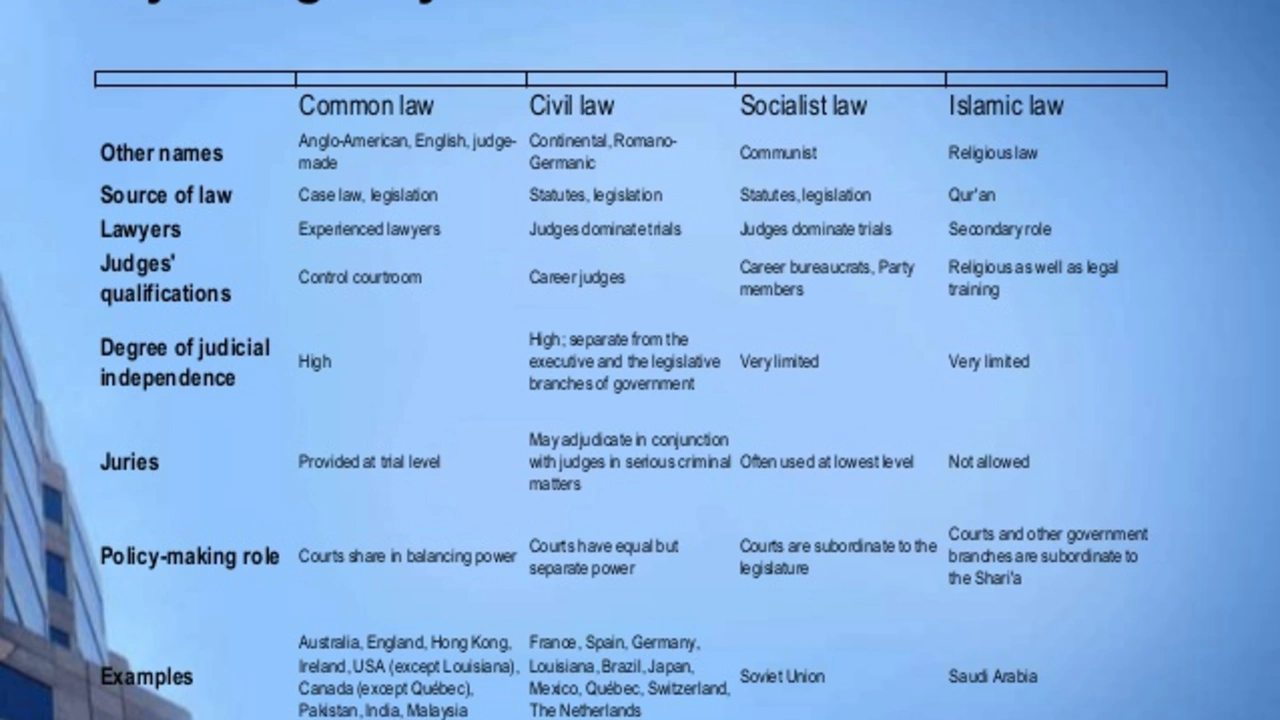Legal protections for buying medicines online — what you need to know
If you order medicine or use health sites, you should know the basic legal protections that keep you safe. This short guide tells you what to check right now: your privacy, the pharmacy’s credentials, prescription rules, and what to do if something goes wrong.
Check privacy and data rights first
Before you share personal or medical details, look for a clear Privacy Policy and GDPR or data-protection page. A good site explains what data it collects, why, and how long it keeps it. You should be able to find contact details for questions about data or a way to request deletion. Quick checks: the site uses HTTPS, has a visible privacy link, and shows cookie choices. If any of that is missing, pause and ask for details.
On Medisave.SU you can read our Privacy Policy and GDPR Compliance Framework pages to see how we handle data and your rights. If you want changes or have a concern, use the Contact page to reach our team.
Verify the pharmacy and the meds
Not every online seller is legit. Here’s a simple checklist you can use right away:
- Look for a physical address and real phone number.
- Check for pharmacy license or accreditation on the site — regional or national pharmacy boards list licensed pharmacies.
- See if a licensed pharmacist is available to answer questions.
- Check payment security: secure checkout, trusted payment methods, and clear refund policies.
- Read recent reviews and independent pharmacy comparisons before you buy.
If the site sells prescription drugs without asking for a valid prescription, that’s a red flag. Many countries have strict rules about prescriptions — follow local laws and keep your doctor in the loop.
Medisave.SU posts pharmacy reviews and comparison guides so you can spot reliable providers and subscription services that follow the rules.
What if something goes wrong? Keep records: order confirmations, receipts, screenshots, and communication with the seller. If you receive the wrong drug or suspect counterfeit meds, stop taking them and contact your healthcare provider immediately. Then report the seller to your local consumer protection agency or pharmacy regulator. For data problems, use the contact channels listed on the site and reference the GDPR or privacy page when applicable.
Final practical tips: use strong passwords and a safe email for health accounts, don’t share full payment details over unsecured channels, and update your devices. When in doubt, ask questions — a trustworthy pharmacy will answer clearly about safety, shipping, returns, and data handling.
Want help checking a site or an offer? Use our Contact page or read our Terms of Service and Privacy Policy to learn how we protect users and handle complaints. Stay safe — and keep your health decisions informed.
Well folks, let's dive into a topic that's as fascinating as it is important - leprosy, and how the law protects our buddies who are affected by it. Now, I know what you're thinking - "Leprosy?! Isn't that from the olden days?" You're right, but it’s still around and it’s a serious matter. The good news? The law has got their backs! It ensures their rights aren't trampled on, like ensuring access to treatment and protection from discrimination. So, while leprosy might sound like a medieval issue, it's very much a modern day concern for law and human rights. That's our legal system, always ready to joust for justice!

